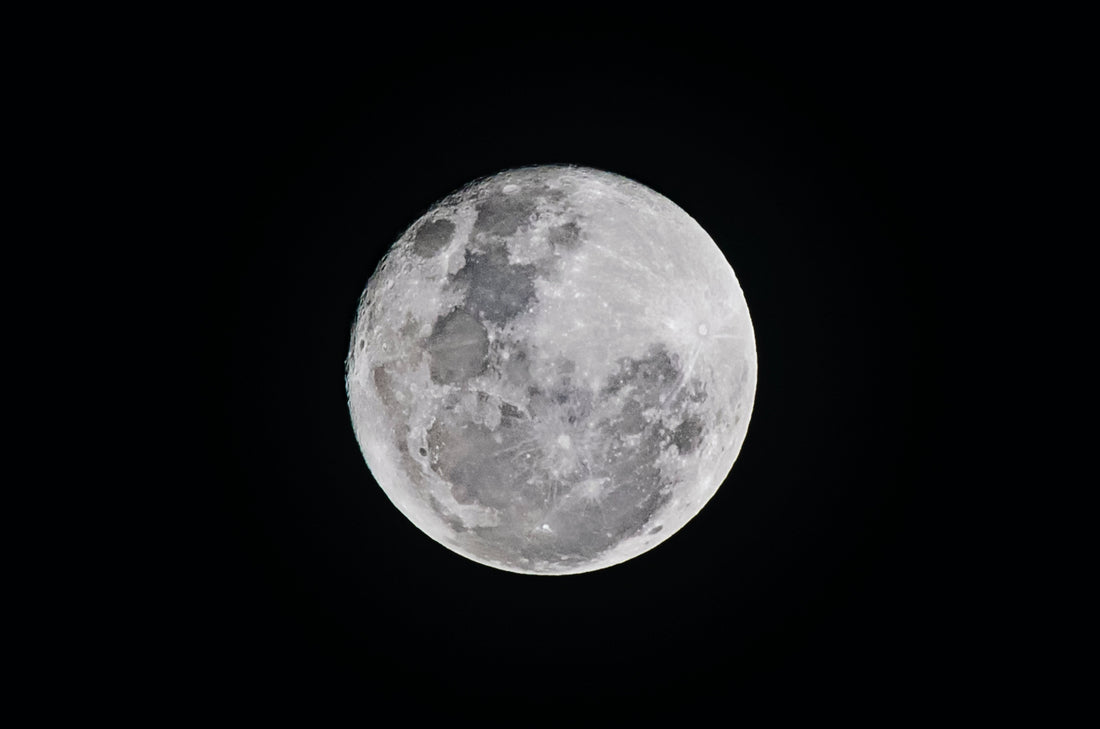
Though it may seem like your dog is barking at the moon for no clear purpose, most dogs have a reason for barking that makes sense to them. When it comes to barking at the moon, there are several reasons your dog may feel the need to vocalize.
Unlike other common stimuli, most dogs barking at the moon aren’t feeling especially anxious or threatened. This is good news, because it’s generally easier to reduce your dog’s barking at the moon than it might be to stop them from barking at something they perceive as a threat—such as strangers or other dogs.
Let’s look at some reasons your dog might vocalize when the moon comes out at night.
Canine Communication Instinct
A dog’s descendant is the wolf, and these wolves have a powerful instinct to howl and connect with others of their kind. Contrary to popular belief, wolves don’t howl at the moon; they only howl to communicate with their pack, but most of their howling occurs at night since they’re nocturnal creatures.
If you find your dog barks more at night, they may simply be trying to communicate with their fellow canines in the neighborhood rather than barking at the moon itself. This is especially likely if you own a breed of dog that has more direct wolf lineage than others.
Clearer Vision
When there’s a full moon or even a half-moon out, your dog can see everything outside more clearly. Therefore, when you let your dog out at night, and the moon is high in the sky, your dog may bark because they are picking up on new stimuli they didn’t notice when there was less light available.
More Animal Activity
A full moon doesn’t just mean better visibility for your dog; it could encourage animals of all kinds to increase their activity, meaning your dog may bark at new and exciting scents, sights, and sounds.
If there are more critters in your yard due to the full moon, you may have to deal with more than just increased barking from your dog. Keep an eye out for unwanted visitors, and try to keep your dog inside if you notice other animals in the yard.
How Can I Fix the Problem?
When your dog barks excessively at the moon, it can get tiresome to deal with the noise over time. Plus, you may worry about bothering your neighbors. Luckily, there are several easy ways to discourage your dog from barking at the moon that take a little bit of time and patience.
Don’t Feed into the Behavior
If you continue to put your dog in the position to bark either at the moon itself or at the things the moonlight illuminates, you may feed into your dog’s bad habit.
You can work to break this habit by simply keeping your dog inside as much as possible at night. Additionally, make sure you don’t yell at your dog to stop, as they might just think you’re barking along with them and grow more excited.
Use a Bark Collar
No-shock bark collars can be a great tool to reduce excess barking in dogs of all ages and breeds. Bark collars can sense when your dog releases several barks in a row, emitting a warning beep followed by a small vibration if your dog doesn’t quiet down.
The vibration is completely painless, but it is mildly irritating to your dog, encouraging them to stop barking. Over time, your dog will likely learn to stop barking as soon as it hears the warning beep.
Redirect with Commands and Treats
Often, dogs will forget the reason for their excessive barking when you redirect their attention back to you. You can do this by offering them a treat, which will teach them that paying attention to you is much more rewarding than whatever it is they’re barking at.
Plus, many dogs get excited about doing commands to earn treats and praise. Therefore, if you provide them with the opportunity to do so, they’re less likely to feel the need to bark at the stimuli outside.

